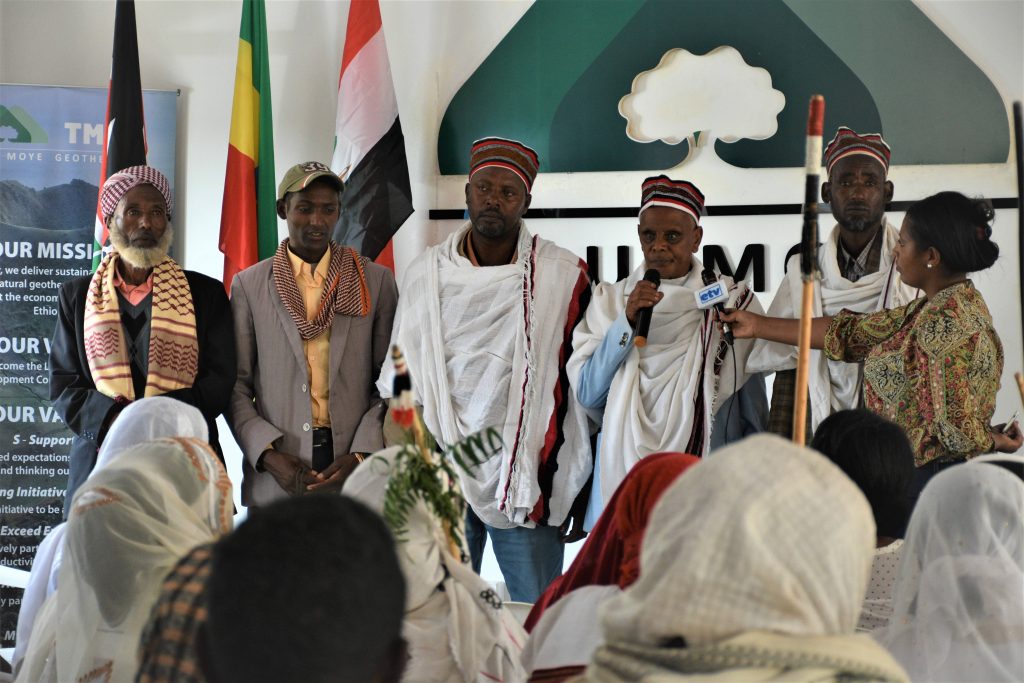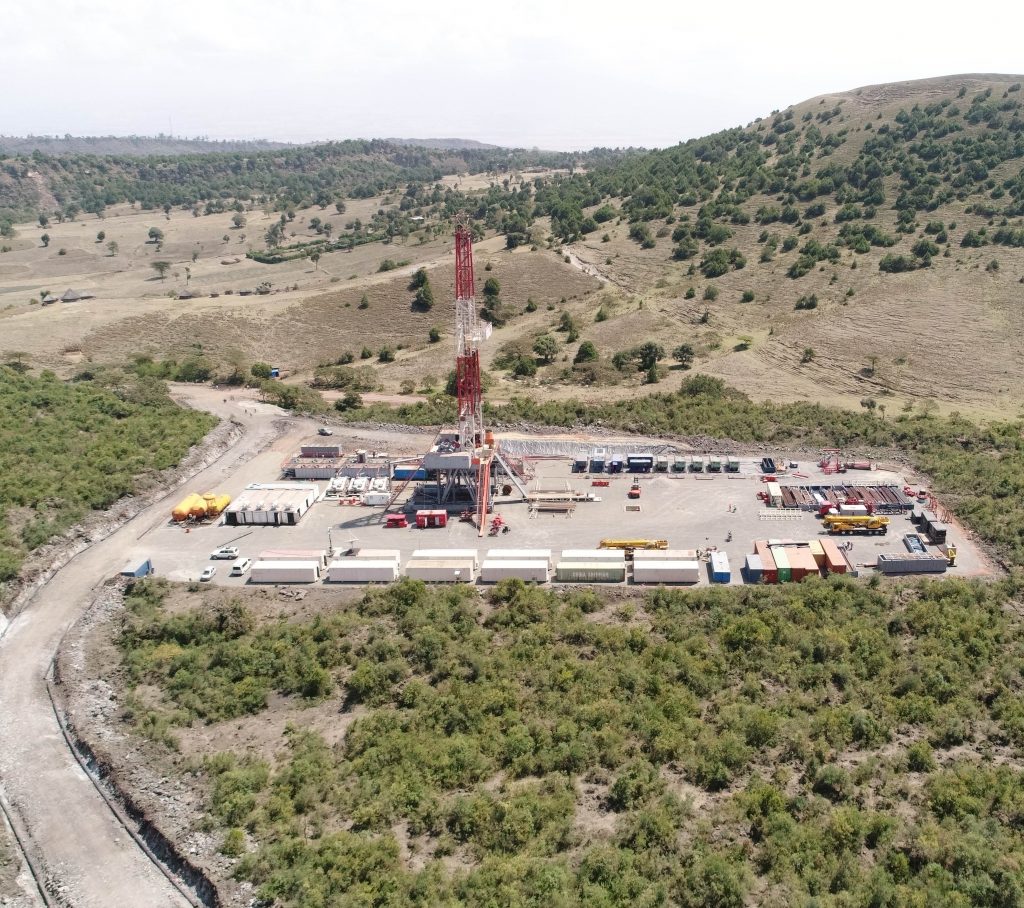Demonstrate strong leadership and visible commitment to environmental, and social performance with clearly defined responsibilities and accountability across the organisation;
Meet internationally accepted best practice and, where necessary, exceed local regulatory standards;
Integrate the consideration of environmental concerns and impacts into all decision making and activities;
Minimise the carbon footprint of our operations through appropriate investment in efficient technology;
Promote the efficient and sustainable use of natural resources, especially energy and water, by employing the principles of reduction, recovery, re-use and recycling;
Manage wastes, effluents, emissions, dust and the use of hazardous substances to prevent pollution;
Foster awareness across the organisation, communicating and building a culture of shared responsibility and accountability for the environment;
Enhance biodiversity protection by assessing and considering ecological values and land-use aspects in site selection, construction, operational and closure activities.
Darrell Boyd
CEO



